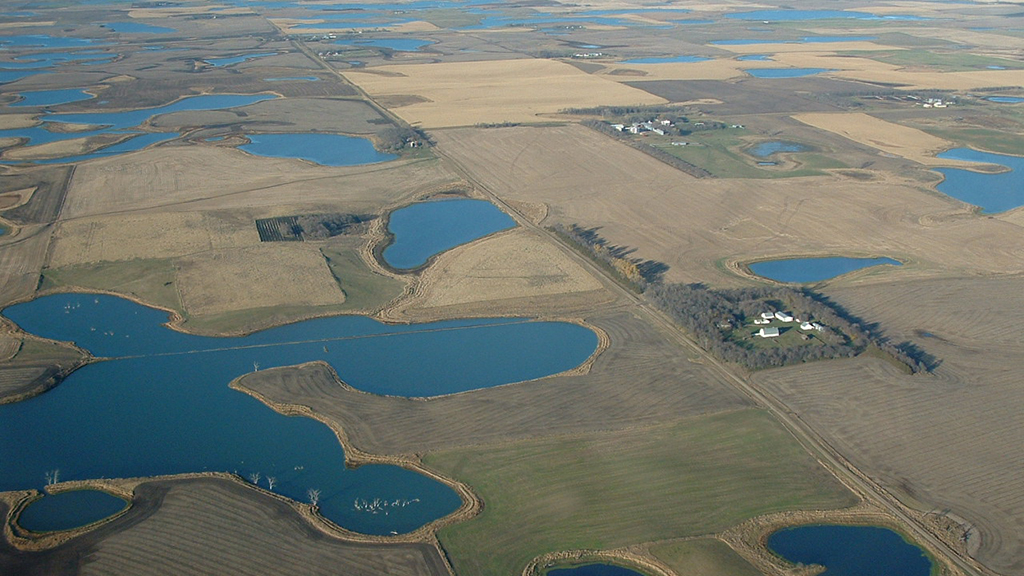Abstract
This case study introduces students to the elements of a renewable resource management project. The issue of wetland drainage, for the purpose of increasing land available for annual crop production, is used to deliver the learning outcomes. Angela, a recent graduate who studied renewable resource management, is opposed to her uncle’s plan to drain the wetlands on his farm so that he can farm more acres. Angela wants to find a way to translate the environmental and social benefits of wetlands into economic benefits to show her uncle the true value of a wetland. The case is discussed in terms of what Angela needs to do to prepare and execute the project and achieve her objectives. This case also introduces the role of environmental modeling in the development of environmental policy. A detailed discussion guide is included in the teaching notes. Written for third-year undergraduate students pursuing a degree in renewable resource management, this case is relevant to upper-year students in any environmental-type degree program.



